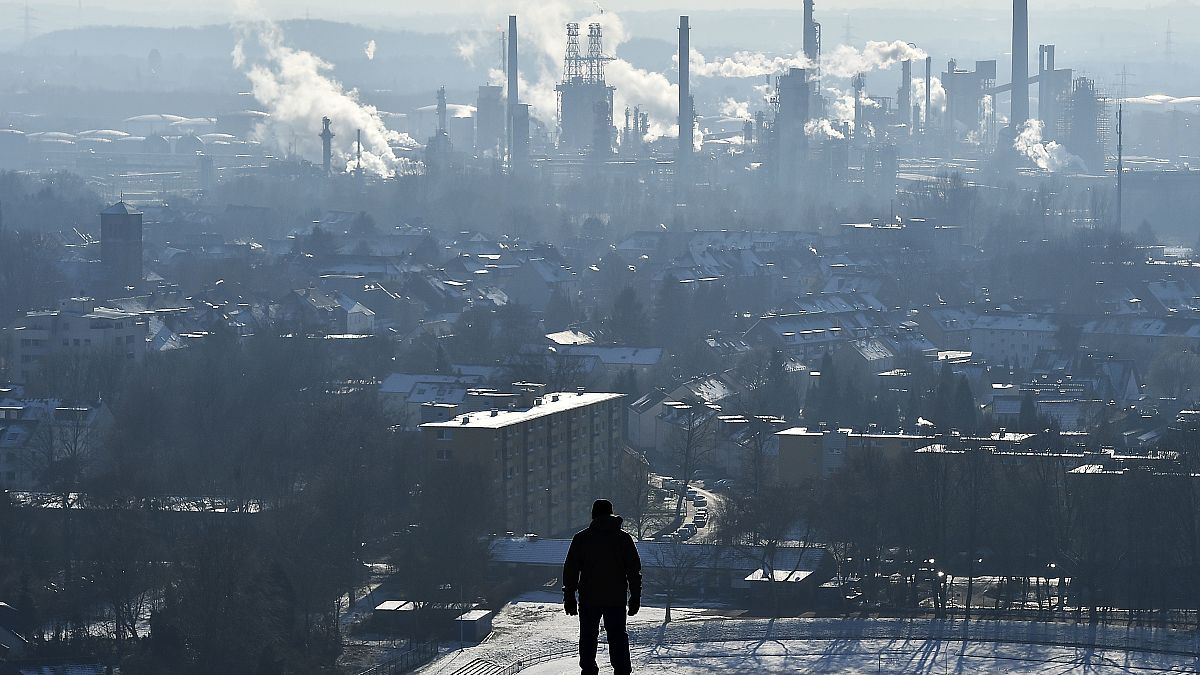Green groups insist the fuel industry isn't tackling the reality of the climate crisis.
Europe's fuel industry is calling on the European Union to prioritise low-carbon liquid fuels to power the transport sector.
They say fuels made from non-petroleum sources that can be blended with existing fossil fuel sources can be part of Europe's drive to be climate neutral by 2050.
"Demand for liquids is growing around the world but the challenge is, how do we move and translate that into a climate-neutral future?" asked John Cooper, the director-general of Fuels Europe, the voice of the European petroleum refining industry.
"We believe that Europe's leadership and willingness to embrace strong policies can be the platform that enables the European industry to be the pioneer for these technologies.
"And, by the way, many of these technologies are also necessary for other energy-intensive industries."
Low-carbon liquids are ones made from biomass or where carbon is captured at emission source and not released into the atmosphere.
While focusing on renewable sources is a key priority for the European Union, replacing petrol-based fuels for haulage and aviation is more complicated than electrifying cars.
Green groups insist the fuel industry isn't tackling the reality of the climate crisis.
"They do not want to face the question on when do we need to stop oil and gas extraction and use," said Laura Buffet, a policy officer at NGO Transport and Environment.
"For us, zero-emissions transport is a transport sector which doesn't use fossil fuels anymore. And I think they're trying to hide away from that major question."
She argues that they are focusing on "low-carbon alternatives" that actually are not low-carbon. For example, biofuels that are produced from food crops and drive deforestation. She considers it a delaying tactic.
EU energy ministers have been meeting on Monday to discuss how Europe can ensure it meets it's European Green Deal target of becoming climate neutral by 2050 while recovering from the economic downturn caused by the coronavirus pandemic.
Each country is soon to send in their plans to be assessed by the European Commission in Brussels.
"Many member states already have concrete budgets in mind that could be financed through this recovery package. We will cooperate closely to make sure that they take advantage of the opportunity and use it for transforming their energy sectors and economies," said Kadri Simson, the EU's energy commissioner.
Eight EU countries have started lobbying Brussels to allow natural gas projects to receive EU funding.
Green groups warn that any further investment in fossil fuel infrastructure will harm Europe's chance of reaching its climate targets.


